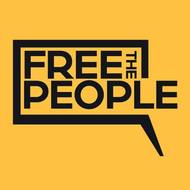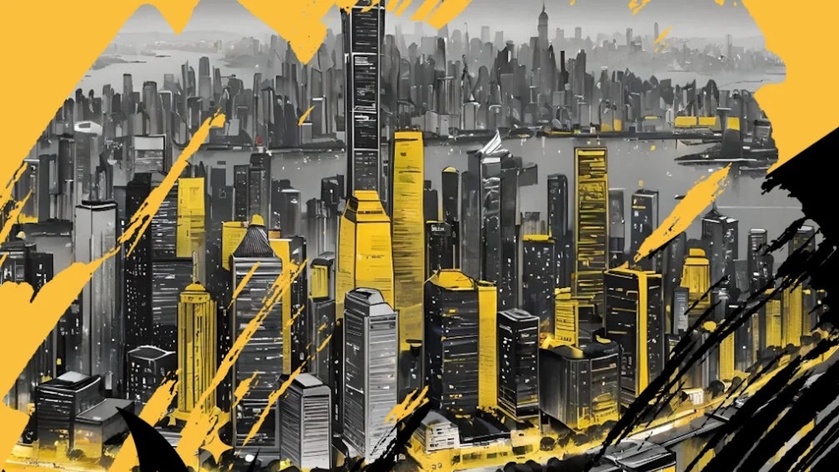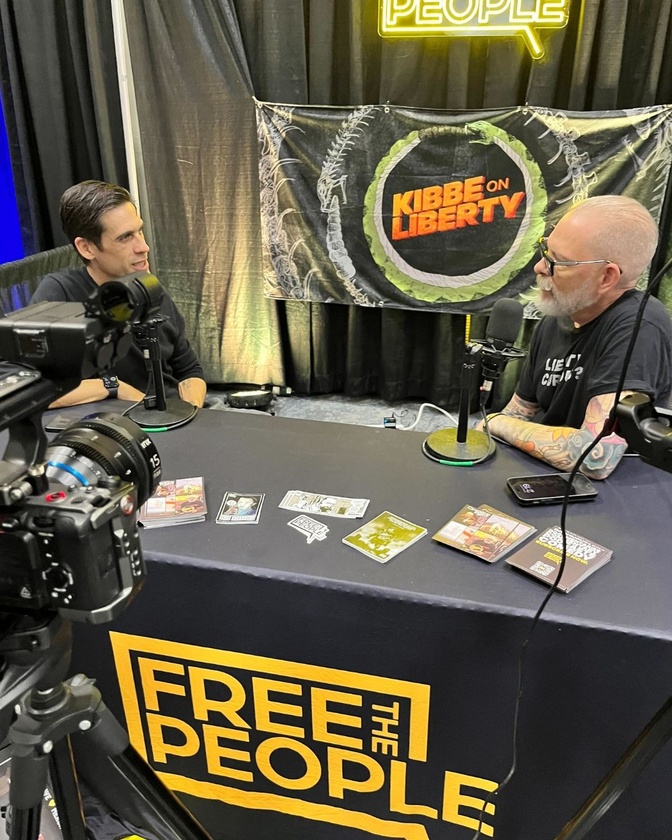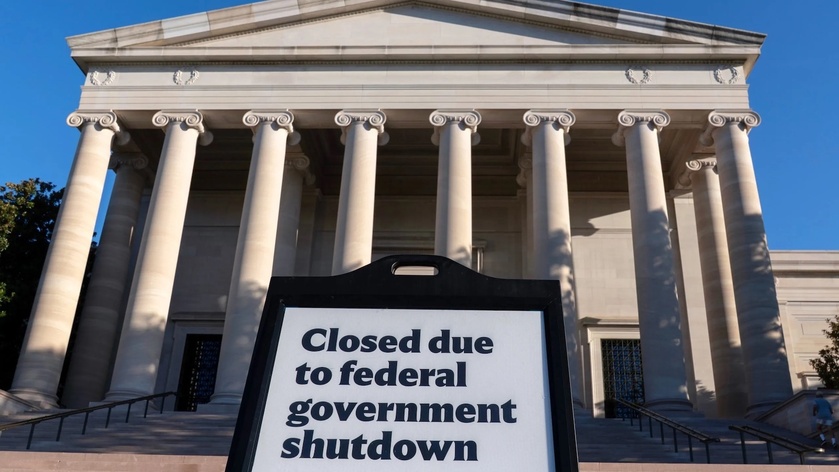By Winston Galt
We live convinced that we are free. We vote every few years, can choose between different brands in the supermarket, and feel that our decisions matter. But what if all of this is nothing more than a carefully crafted illusion? What if, in reality, we are slaves without visible chains, trapped in a system that uses us like cattle, feeding off our effort and obedience?
This is the starting point of my book Do You Like Being a Slave?, a work that does not aim to be comfortable or pleasant, but rather a punch to the table, a wake-up call from our lethargy. The book begins with a troubling question that runs through every page: Do we voluntarily accept our condition as vassals of political power, or do we continue to believe, against all evidence, that we own our own lives?
The Mirage of Freedom
In the first chapter, I highlight the paradox of our era: we talk about freedom, but live under laws, taxes, regulations, and power structures that make the most important decisions for us. Politics has become an invisible cage. It’s not the classic tyranny of whips and chains, but a more sophisticated form of slavery, legitimized by custom and propaganda.
Many think I’m exaggerating, but just look around: can we really choose not to pay taxes we never directly approved? Can we avoid laws that restrict our most intimate decisions? Can we build a future outside of the State without being persecuted?
Cattle for Sacrifice
One chapter describes, in great detail, how citizens have been reduced to mere resources. We’ve been turned into sacrificial animals: productive while we serve the system, disposable when we’re no longer useful. The rhetoric of the “public good” and “collective interest” masks a wealth extraction machine where those who decide never pay the price.
At this point, the question is no longer whether we are free, but whether we were ever truly free.
Politics as an Industry
The third chapter unveils what often goes unnoticed: the political industry. It’s not a vocation of service, but a market where a few live off the labor of nearly everyone else. Like any industry, it has its customers, its products, and its advertising. The problem is, unlike any other sector, in this one, you can’t stop “buying.”
The citizen is both a forced consumer and raw material. And in this twisted game, they always lose.
Politiranny: Tyranny Dressed as Democracy
Naming things gives them power. That’s why I use the term politiranny to describe the essence of the current system: a political tyranny legitimized by democratic rituals. We believe that by voting we exercise power, when in fact, we are giving it away.
Democracy, far from being salvation, turns out to be an illusion. A carefully staged theater where the roles are already defined, and the outcome, one way or another, always benefits the same people.
Camouflaged Fascism
Another chapter comes to a conclusion that’s as harsh as it is necessary: what we call liberal democracy today is nothing more than camouflaged fascism. Not fascism with banners and colored shirts, but something much more effective: bureaucratic, regulatory, technological. A fascism that doesn’t need explicit violence, because it has achieved something much more powerful: voluntary obedience.
Freedom… for What?
In the face of this, a key question arises: Freedom, for what? The answer is simple and radical at the same time: because without freedom, we are not fully human. Because accepting slavery—even a comfortable one—means renouncing our dignity.
The only solution I propose in the book is libertarianism. Not as a rigid dogma, but as a coherent horizon: returning to each individual the right to decide about their life, work, property, and future. Reclaiming personal responsibility and rejecting dependence on a state that promises much but offers little, except for more subtle chains. Living from ideas rather than ideologies, which are always invisible prisons.
An Invitation to Think
This book does not aim to give definitive answers, but to raise unsettling questions. Do You Like Being a Slave? is written for those who feel that something doesn’t quite add up in the official narrative, for those who suspect that the world they live in is not as free as they’re told.
If you’ve ever felt like you’re working more to sustain the system than to live your own life, if you’ve ever doubted the redemptive role of politics, if you’ve ever wondered why we continue to obey those who have no moral legitimacy to govern, this book is for you.
It is not an academic manifesto nor a typical pamphlet. It’s a direct, uncomfortable conversation, and hopefully, one that’s liberating.
The question remains in the air: Do You Like Being a Slave?
In the coming weeks, I will publish each chapter of the book on Free the People so that you can read it freely.
You can find the full book at utopyc.net.
Free the People publishes opinion-based articles from contributing writers. The opinions and ideas expressed do not always reflect the opinions and ideas that Free the People endorses. We believe in free speech, and in providing a platform for open dialogue. Feel free to leave a comment.


















